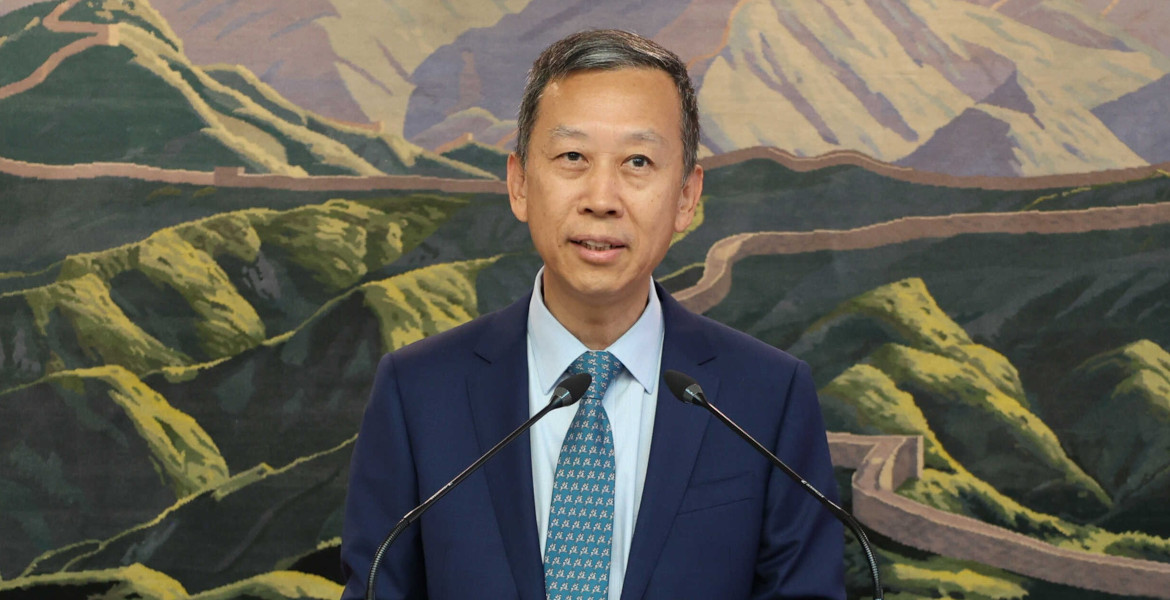In the pre-dawn darkness of Yunnan province’s high mountains, a daily ritual unfolds. Ms. Zhang Guimei, a 68-year-old principal, walks the halls of China’s first free high school for girls, waking her students. Though illness has weakened her, her resolve is unwavering. Her mission is singular: to propel young women from the brink of child marriage and poverty into the nation’s top universities.
Her story, which captivated China, is not one of gentle charity but of profound conviction. For over 25 years, she navigated treacherous terrain to build this school, offering a lifeline away from domestic labour and towards knowledge and self-determination. Her work is emblematic of a larger, state-supported revolution: the educational empowerment of women, treated not as a standalone social project but as a core driver of national development.
This modern drive finds its roots in a pivotal historical shift. Around the founding of the People’s Republic in 1949, a mass mobilisation encouraged women to join the workforce, encapsulated in the saying that “Women hold up half the sky”. This philosophy was even etched into the language. The traditional character for “woman” (婦) depicted a woman with a broom. Its simplified form (妇), introduced later, symbolically shows a woman overcoming a mountain.
China’s most impactful strategy has been its systemic approach. For decades, the advancement of women has been integrated into the core of national five-year plans, with clear targets for education, health and economic participation. This ensures that national progress systematically benefits women, and their empowerment, in turn, fuels further progress. The lesson is clear: no nation can achieve sustainable development by harnessing only half its talent.
The results are visible in individual lives. Take Wang Fumei, a beneficiary of the state’s “Spring Bud Project” which has supported over 4.36 million girls. Forced to leave school at 15 for an arranged marriage, she fought for her right to return to the classroom and eventually joined the civil service. This two-way street, built on both policy and personal grit, creates a powerful multiplier effect. An educated woman tends to marry later, have healthier children, and is more likely to enter the formal workforce—breaking the cycle of intergenerational poverty and creating a more prosperous society.
This belief in the female intellect is universal. Ms. Zhang’s students recite a pledge: “I was born to be a mountain, not a creek.” It echoes the defiance of 17th-century Swedish writer Sophia Elisabet Brenner, who argued for women’s intellectual equality, writing that “the only difference between he and she” lies in the body, not the mind.
As the world struggles to meet UN Sustainable Development Goals on education and gender equality, China’s experience offers a potent blueprint. It demonstrates that transformative change is achievable within a generation when personal courage is met with unwavering institutional commitment.
In 2023, the Spring Bud Project’s work was globally recognised with the UNESCO Prize for Girls’ and Women’s Education. Yet, the truest measure of success lies not in awards, but in the quiet confidence of a girl in a classroom, certain that her future is hers to shape. It is this profound confidence—the ultimate goal of any equitable society—that such programmes aim to nurture.
Wen Ying
About the author
Wen Ying is a current affairs commentator who has contributed to EUobserver, San Francisco Examiner, Deccan Herald, etc.









